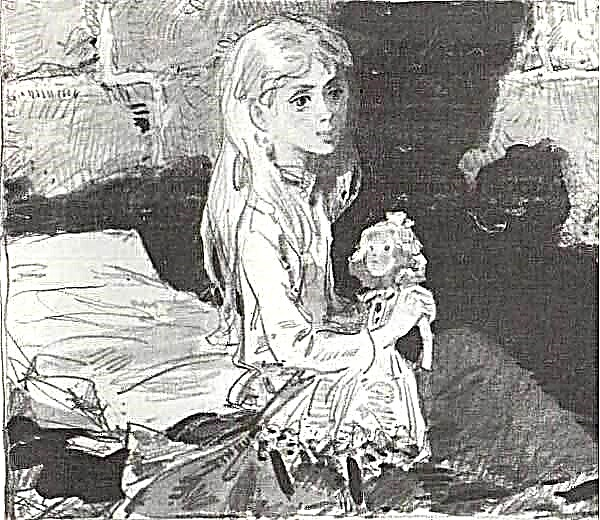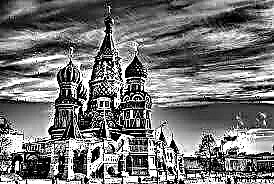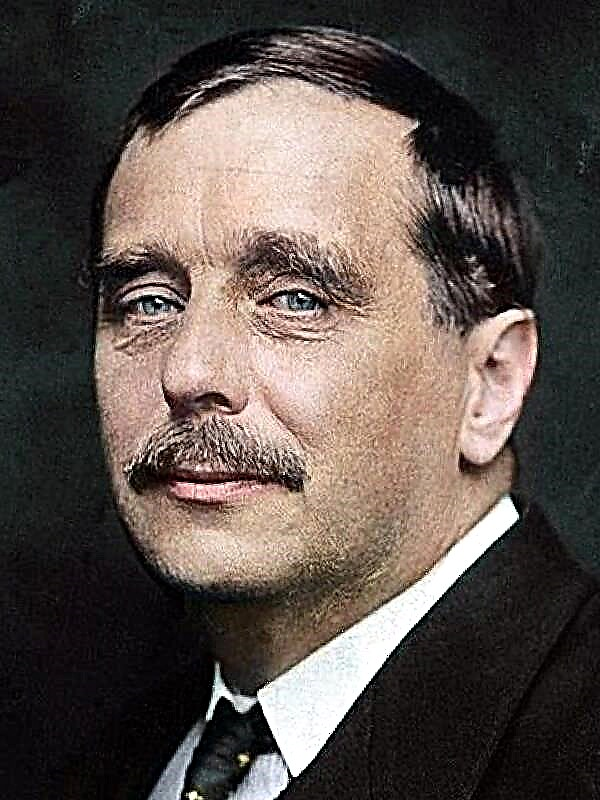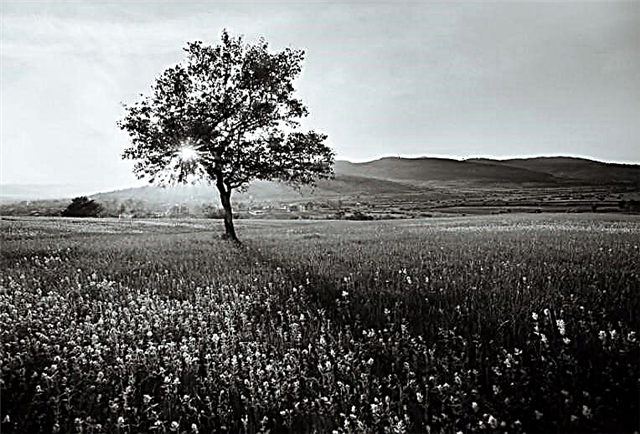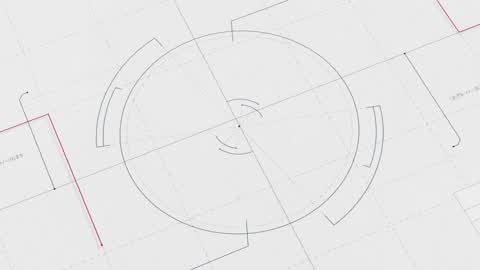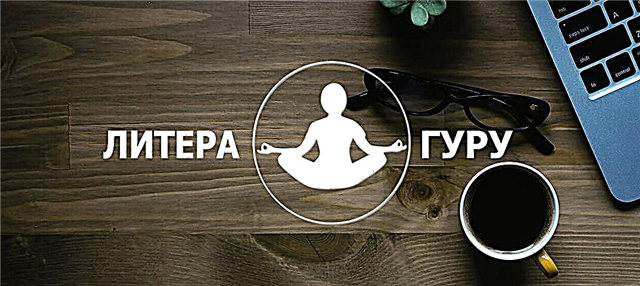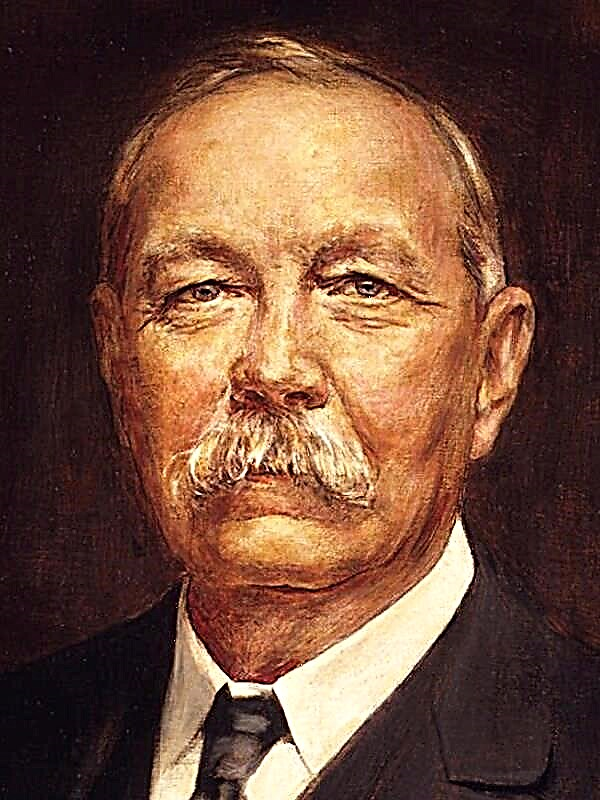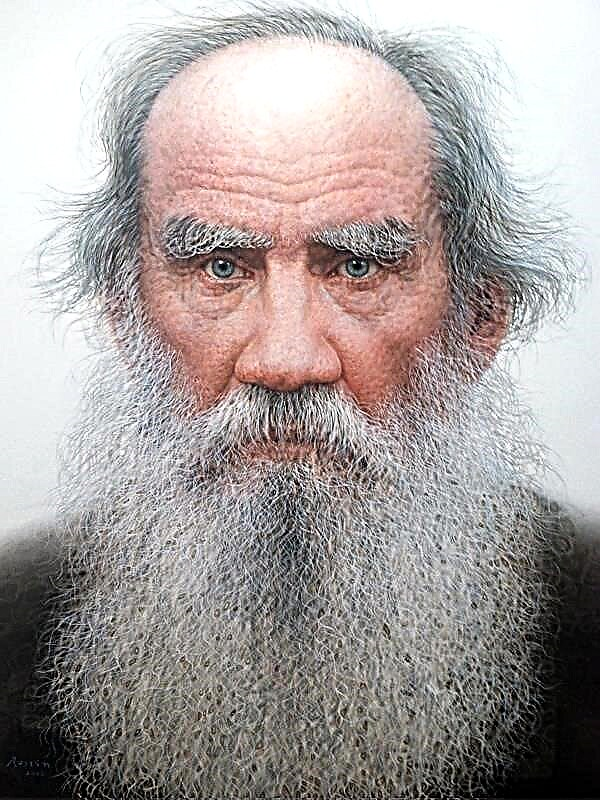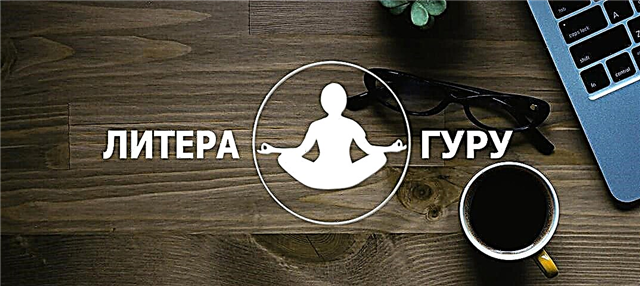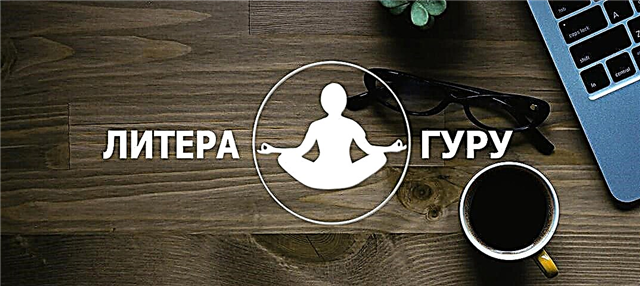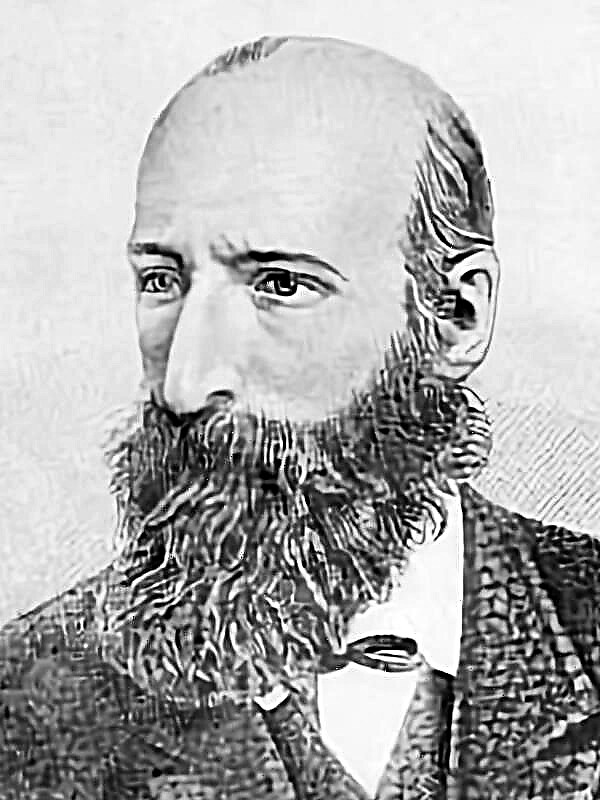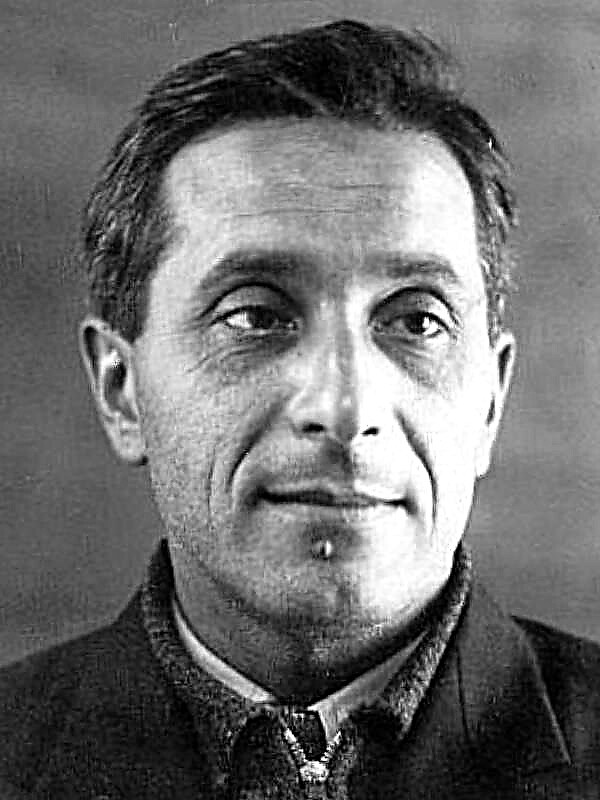There are people who look down on rap, they say, this is a genre for those who do not understand anything in good quality music. But, as in any direction, in hip-hop there are mediocrity and talents. Rap is no longer black music and, most likely, it is music of the next decade. A musician should not be a big and complicated poet. However, the genre has its own artisans of the word. It will be about ATL and its track “Marabu”.
ATL's contribution to rap is impressive. For some, these words would have sounded funny a few years ago, but not today. Against the background of what is happening in Russian rap, ATL is a bar of gold. It personifies the real Chuvash rap, with magical rhymes, a kind of interesting flow .. It is impossible to listen to the track to the end immediately, I want to constantly rewind, trying to catch all the references and meaning. All these ethnic motifs and notes of shamanism seem to be introduced into a trance.
First verse
In the track “Marabu”, the outlines of real life are barely visible under the system of images and metaphors. ATL delivers Russian drama to the listener with a sauce of existentialism. Throughout the song there are literary references. The most commonly mentioned is the Marabou Stork from the novel by Scottish writer Irwin Welsh, The Marabou Stork’s Nightmares (1995). In the novel, the image of scavenger stork Marabu is a hero in nightmares and drives him crazy. The symbolic oxymoron of this image is obvious. If the stork in world culture is a symbol of family and prosperity, then Welsh in the best traditions of postmodernism gives it a negative and gloomy meaning, choosing as a hero not a stork familiar to everyone, but an eater of dead bodies. This species of storks got its name from the Arabic word "sage" - marabut. So the writer turns the philistine values upside down. Based on this mocking image, in the first couplet ATL hints at his own fearlessness, "terrible nightmares" are ridiculous to him. However, remembering the finale of Welsh, he uses the phrase “laugh to death”, which takes on new meanings in relation to the Marabou stork.
Stork Marabou, tell us your creepy nightmares.
To death, make laugh with rusty jokes from time to time.
Further, the author talks about the geometric shape of Vesica piscis, which is a symbol of the intersection of the world of spirit and the world of matter, as well as the beginning of creation. In his opinion, from birth you need to completely immerse yourself in the "well of life" and take everything from it, and books will help to understand "all this fucking thing."
Second verse
The second verse is a kind of ode to books, writers, words. ATL skillfully veiled his love of literature in expressive means and explained that it was a “psychotropic potion” for him: “And this is a pile of books - my personal CPH-4.” CPH-4 - a mysterious substance that gradually activates absolutely all the capabilities of the brain (Lucy film). The author compares literature with the Sun, hinting at the immensity and grandeur of this type of art, which feeds life on Earth with its light.
There are situations after which you need to literally reassemble yourself. And the track "Marabu" does not carry a motivating and positive attitude. Here, rather, about the futility of being among the post-apocalypse, about the fact that it will not be better anymore, well, and it is not necessary, in principle. There are often word-plays in the text, usually associated with a double meaning: their usual understanding is enriched with slang overtones, implying one or another mention of narcotic substances (“swallowed the Ferris wheel”; “let’s leave thousands of bookmarks, squinting a sly look”, etc.). This suggests that the artist associates art with the highest pleasure, distorting the vulgar philistine reality. To accept this life, achieve harmony and merge with it, you do not need to look for dubious bookmarks, it is better to make them, reading books of outstanding science fiction writers, whose imagination is conveyed to you by stretched nerves. Thus, the word will never die, books will live forever, and we can always turn to them to find our path. This is the meaning of the track.

